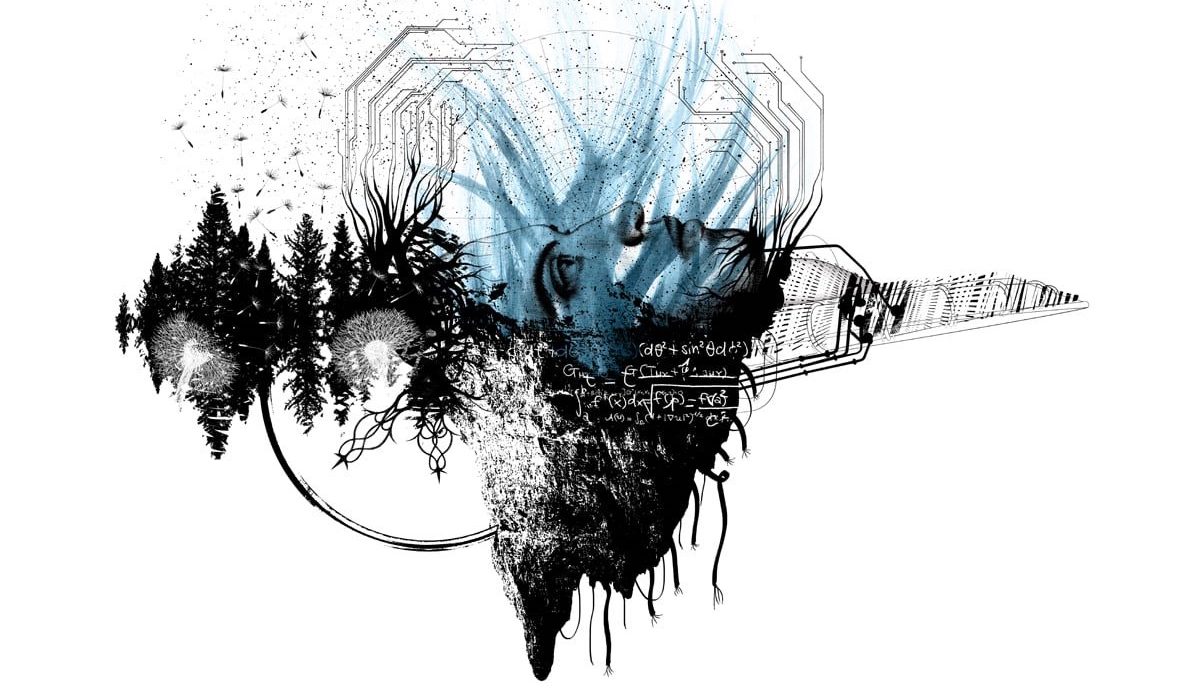After I publish a story, I usually enjoy feedback from my nonwriter friends more than my writer friends, though both are great. I grew up in a small town in central Illinois, and my hometown friends are blue-collar workers who find it amusing that I publish my little stories in journals they’ve never heard of. What I’ve learned from this feedback is that I know I have developed a good character when my friends say they know who in our hometown the character in my story really is. For me, this is my favorite feedback. It means I have written this fictional character well enough to have whatever universal truth is in that character resonate for my hometown friends.
“Goodwill” (published in the North American Review bicentennial issue 299.1) has those types of characters. I had friends tell me they knew exactly who Dee was. Sometimes they gave names and sometimes they kept it to themselves. Once, I had a friend say he knew for certain one of my characters was him. The next day, another friend said something similar. The problem: they thought they were the same character.
Some of this can be attributed to the fact that I set many of my stories in central Illinois in environments and with conflicts my friends know and understand, but the difference in “Goodwill” is I even had writer friends tell me they thought they knew who Dee was based on. So far, according to my friends, Dee is based on six different women I know. Of course, she is none of those people, and nowadays, instead of trying to explain that it is fiction and only fiction, I ask why Dee is who they think she is, or what specifically does Dee do for them to think that? The answers vary.
Recently, I published a novella, Championship Run (FCNI Publications), which is set in a fictionalized town like my hometown and incorporates aspects of a tragedy that happened when I was in high school. So in the last month, I have been inundated with texts, messages, and calls from hometown friends telling or asking me who characters really are. Below are actual messages from a friend. ("Think" is the character’s name in the novella, and Pana is the name of my hometown).
FRIEND: We read the whole book from cover to cover in two evenings. I gotta know one thing though, who's Think?
ME: Nobody. No character is really anybody. It's just bits and pieces of everything Pana. These characters became their own people before I started writing.
FRIEND: Wow! It seemed so real.
ME: I win!
Matteo Gallo is curious, ambitious, stubborn, distracted, picky, clumsy, thoughtful, moody.
He’s always been passionate about science and science fiction, so he tries to keep his mind open and learn something from every experience. For many years he has been dedicating himself to drawing, graphic design, photography and music, mainly self-taught: he attended courses for every one of these subjects, but, luckily or unluckily, the way his brain works is an obstacle to learning by traditional methods. He decided to deepen them in his own way. He loves solitude, nature, with the wind caressing his face while he rides his bicycle, sneaking out of his home in the dead of night, and every form of creative expression.



